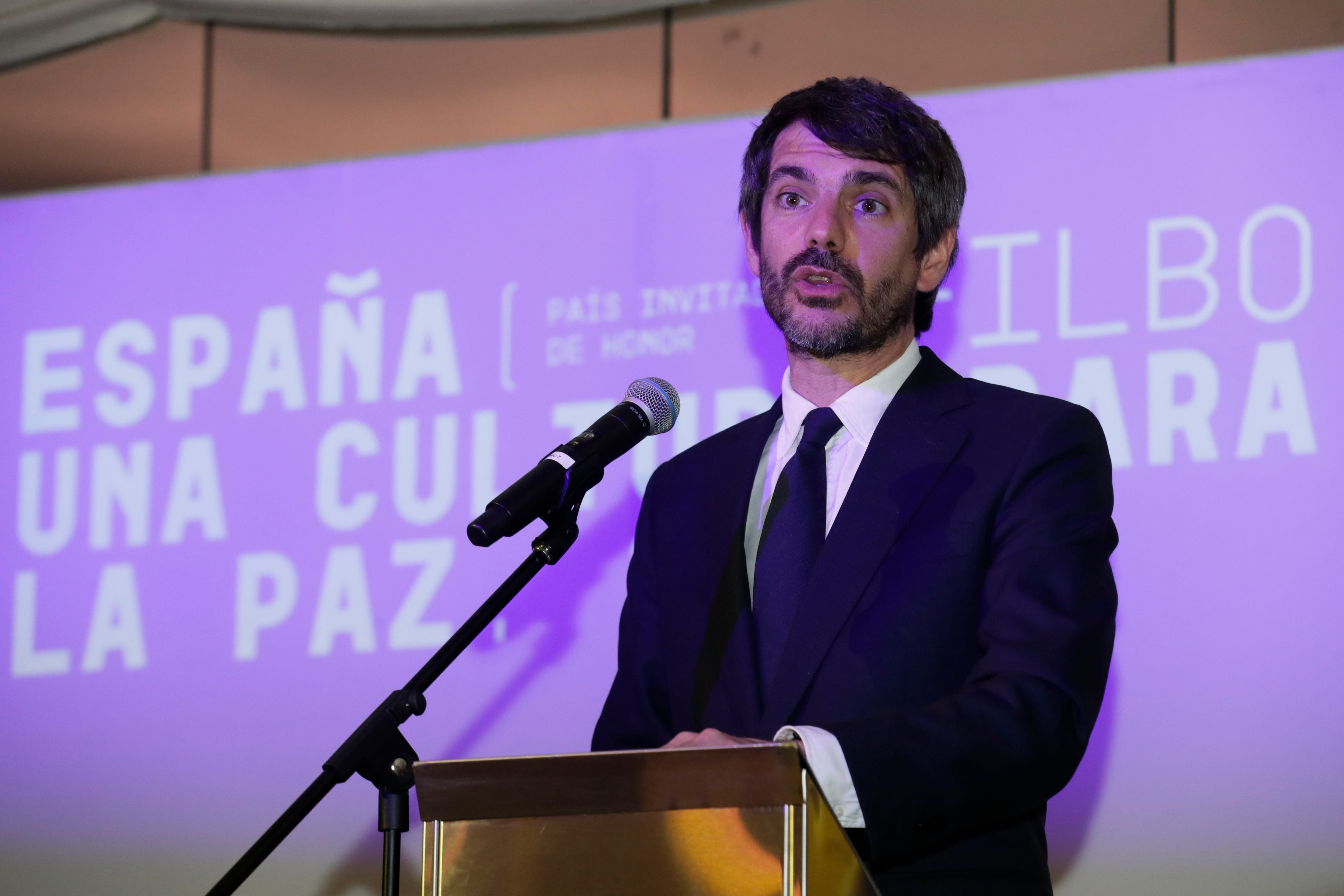The Minister of Culture, Ernest Urtasun, has sent a letter to the Executive Vice President of the European Commission for Technological Sovereignty, Security and Democracy, Henna Virkkunen, and the Commissioner of Intergenerational Equity, Youth, Culture and Sport of the EU, Glenn Micallef “To ensure its alignment with European copyright legislation, taking into account the cultural and creative sector and its demands.”
For Urtasun, that code must provide authors and artists “a tool to exercise and guarantee their intellectual property rights” because currently the document in which “it is not aligned with the European legislation of intellectual property or with the principles of the letter of the fundamental rights of the EU itself, which includes in its article 17 the right to intellectual property”.
According to the minister, in this “third draft” of the code, “the obligations of the suppliers of artificial intelligence systems are reduced to mere ‘reasonable efforts.” In this sense, “complying with the requirements would become something voluntary, undermining respect for the intellectual property law.”
The EU approved an artificial intelligence law on August 1 and is currently developing the code of good practices of the general purpose AI. This is the third draft that is presented “and has generated wide rejection in the cultural sector, especially for the low guarantee in the demand for transparency to the suppliers of AI regarding the sources of training and development of the systems”, according to culture.
A coalition of artists, authors and rights holders of the cultural sector of the entire EU, issued a joint statement last March in which they expressed concern for this Code, “for undermining the objectives of the Artificial Intelligence Law, producing legal uncertainty and diluting the obligations of IA suppliers when complying with European regulations.” “The minister shares these same concerns,” as noted in his letter to the commission: “We can only unite the many voices of the economic, cultural and creative sectors that are asking for an urgent review of the code.”
Urtasun says that he has been gathering in recent weeks with representatives of the Spanish cultural sector “to address the challenges posed by generative AI and evaluate possible measures to protect creators.”
For cultural, AI will be the central themes in Mondiacult 2025, the Unesco World Conference on Cultural Policies and Sustainable Development, which will be held in Barcelona in September.

